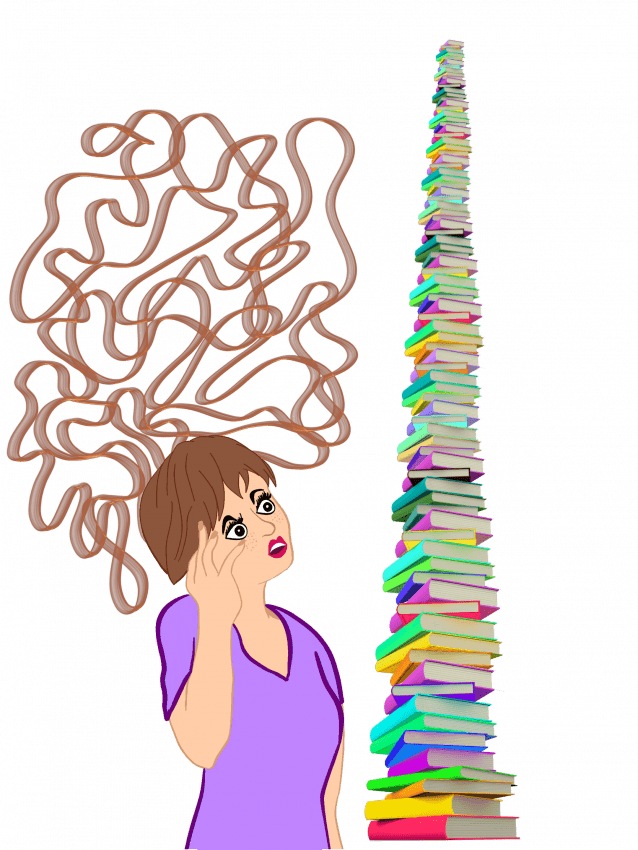
Illness can strike us down before we even get a chance to fight back, and we become increasingly vulnerable to sickness by not making ourselves a priority.
A couple of Tuesdays ago, a freight train hit me out of nowhere. Before I realized it, or wanted to admit it, I was sick.
I complained to myself, my family and anyone that would listen. The complaint wasn’t about the sickness itself, but its arrival. It had to hit at a time when the semester was in full gear and of great inconvenience to me.
The next few days were full of medications, plenty of rest, soup galore and a healthy supply of Vicks VapoRub. Yet my most pressing concern was not my recovery. That took a back seat compared to all the lectures, study time and school I was missing.
I don’t think I’m alone in this thinking.
Perhaps this mindset has been developing all my life — cooking from the early days of high school — or maybe it is even reflective of the modern, capitalist society we inhabit. Regardless of the driving force, our lives can often end up looking severely unbalanced with everything from school to work to social life taking priority over self-care.
This inequality rings true for me. During my sick days, I was more worried about how everything in my life was on pause. It even got to the point that one day, my mother and I passionately argued about going to my lab.
In an email to the lab co-ordinator, I used noncommittal language like, “I may potentially not come to the lab.” But in the end, my mom won. I have to say that future me was thankful despite past me’s protest.
Recovery came a week later after four days of school missed. I’ve never been more grateful to see the world without a pounding headache. I truly missed the ability to breathe deeply and clearly, without a runny nose or stuffy chest.
Even though I was just another victim to the flu — of which there are many yearly — my experience with sickness left many lessons in its wake. The most obvious lesson was the need to listen to my body. But it’s not as simple as taking care of yourself during days of illness.
That is where self-care, a word which seems to have a fleeting existence on this campus, comes into play.
I’m still trying to figure out how to define self-care in a meaningful way, but I do know that there is a need for it. First, please throw all notions of what self-care is supposed to look like out the window.
It comes in many forms whether it’s a walk in the park or insert in your choice. You need to define it yourself. Self-care is your time. Hopefully this helps you connect with yourself more.
Because the thing about sickness is that it doesn’t come knocking on your door asking for permission to come in. It kicks the door wide open, whether you are expecting it or not and often stays longer than any of us want it to. To rise up to all that life brings, we must take care of ourselves.
Self-care should be something we can openly discuss and ask how our communities, including the university, can better support us in this endeavour.
This op-ed was written by a University of Saskatchewan undergraduate student and reflects the views and opinions of the writer. If you would like to write a rebuttal, please email opinions@thesheaf.com.
—
Vaidehee Lanke
Graphic: Shawna Langer / Graphics Editor
Leave a Reply